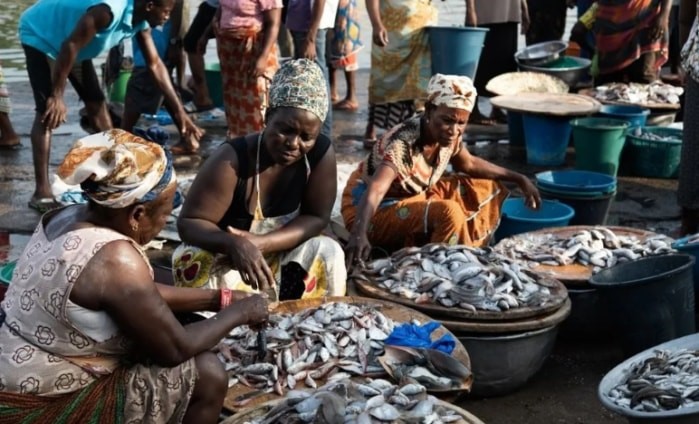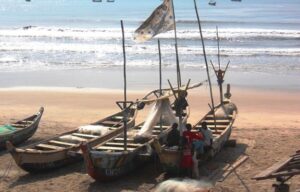Ghana committed to sustainable fisheries dev, says Ministry

Ghana’s Ministry of Fisheries and Aquaculture Development’s Medium-Term Expenditure Framework for 2024-2027 has outlined comprehensive efforts to ensure sustainability in the aquaculture sector, focusing on environmental health, organism wellbeing, and farmer capacity.
Fish Health and Disease Management
According to the document published on the Ministry’s website , the Fish Health Unit (FHU) had conducted 16 investigations into fish diseases and mortality cases. To bolster capacity, four veterinarians received training in basic epidemiology, disease outbreak investigation, and risk assessment in aquatic animals, supported by the Norwegian Veterinary Institute (NVI) in collaboration with the University of Ghana. Additionally, 30 fish farmers in the Ashanti Region were trained in water quality testing to enhance operational efficiency.
Collaborations with researchers under the BANGA-Africa Project III explored zoonotic bacterial pathogens and antibiotic residues on 30 fish farms in Greater Accra and the Eastern Region, contributing to food safety and public health. Surveillance of common pathogens in aquaculture ponds and tanks in northern Ghana was conducted in partnership with the West Africa Centre for Cell Biology and Infectious Pathogens (WACCBIP) to ensure sector resilience.

Community Policing and Co-Management
To promote voluntary compliance with fishing regulations, seven Landing Beach Enforcement Committees were established and operationalized. Beach combing activities were carried out twice in the Marine and Volta Lake enclave to enhance environmental stewardship.
Post-Harvest Infrastructure Development
The Ministry noted that a needs assessment of post-harvest infrastructure in five fishing communities informed targeted interventions, acknowledging that the Food and Agriculture Organization (FAO) was supporting the Fisheries Commission with the construction of an ultra-modern fish processing facility and a three-bedroom hostel in Axim, a waiting shed for fishmongers in Ekumfi Nakwa, and upgrades to the Dzemeni fish processing facility.
Trade Facilitation and Standards Compliance
To facilitate the trade of fish and fishery products, 162 import permits and 38 export permits were issued. The Post-Harvest Management and Trade Division, in collaboration with the Marine Conservation and Sustainable Development (MCSD) and Fisheries Scientific Survey Division (FSSD), inspected fish packaging on 16 industrial trawlers to ensure adherence to international standards.
The Ministry’s proactive measures reflect its commitment to the sustainable development of Ghana’s fisheries and aquaculture sector, ensuring environmental preservation, improved livelihoods, and adherence to global standards.




